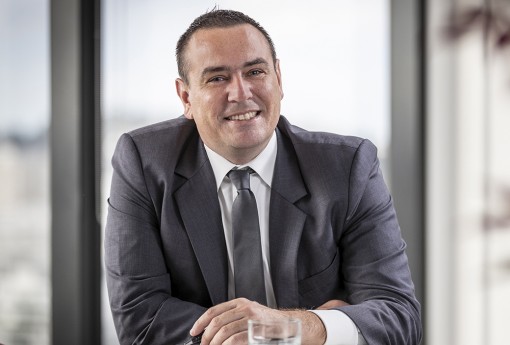Our Work
Seeka case study
Raising capital in the horticultural sector, with Seeka.
‘This was a classic example of the New Zealand capital markets supporting an important player in the horticultural sector at a crucial moment.’
David Watt, Managing Director, Investment Banking
Over a five-year period from 2012, soaring international demand for kiwifruit created exciting growth opportunities for a Te Puke-based processor and marketer.
Seeka is a significant grower of kiwifruit, avocado, nashi, stone fruit and kiwiberry in New Zealand and Australia, and a significant post harvest operator. The listed company supports growers in orchard management, as well as harvesting, processing and cool storing the fruit to ensure it reaches the market in peak condition and secures growers the best possible price.
‘The kiwifruit industry has blossomed and demand is huge, especially for gold varieties,’ says David Watt, Managing Director, Investment Banking. ‘Seeka is at the leading edge of that export wave and has invested significantly in sorting technology, new cool storage and state-of-the-art facilities capable of handling the increased fruit volumes, building up some bank debt to finance the expansion.’
Seeka’s management team were concerned that debt levels could constrain future possibilities for growth and asked Jarden’s investment banking team for capital structure advice. ‘We recommended the shareholders raise equity and reduce leverage, so they could continue to invest for the future,’ says David.
Seeka set an ambitious goal of raising $50 million, a sum that represented almost half its then market capitalisation. Jarden proposed a pro-rata rights offer to existing shareholders, followed by a book build seeking support from institutional investors.
‘In many ways, this process was more akin to an IPO than a traditional secondary equity raise,’ says David. ‘Seeka’s shareholder register was dominated by retail investors, who viewed the size of the proposed raise as daunting. We were careful to structure the raise to take as much pressure off existing shareholders as possible and find the support of new investors.’
Shortly after the equity raise was launched in the fourth quarter of 2018, increasingly hawkish commentary from the US Federal Reserve led to heightened volatility in global equity markets.
‘By that time, Seeka was committed to the capital raise and discussions with institutional investors were underway,’ says David. ‘The Federal Reserve’s tightening bias produced a sell off in US markets and falling equity prices, and raising capital for a relatively illiquid horticultural business became considerably harder.’
‘We spent a lot of time educating investors, getting Seeka’s management in front of decision makers and helping with scenario modelling. We worked hard to ensure we could put the company into an underwritten position, and find support at the right price to give the company confidence.’
The rights offer and book build were completed over a four-week period in December 2018, successfully raising $50 million in capital for Seeka.
‘This was a classic example of the New Zealand capital markets supporting an important player in the horticultural sector, at a crucial moment,’ says David. ‘Seeka is now strongly capitalised and has financial flexibility for future growth.
‘We expect New Zealand’s avocado and kiwifruit exports will continue to grow at a robust rate, and that Seeka will be a key player in that growth.’



